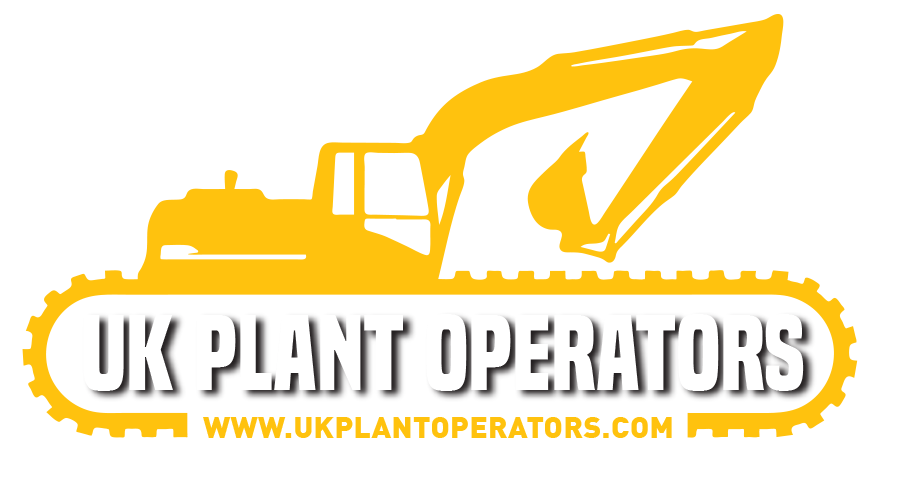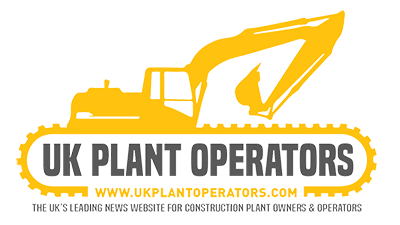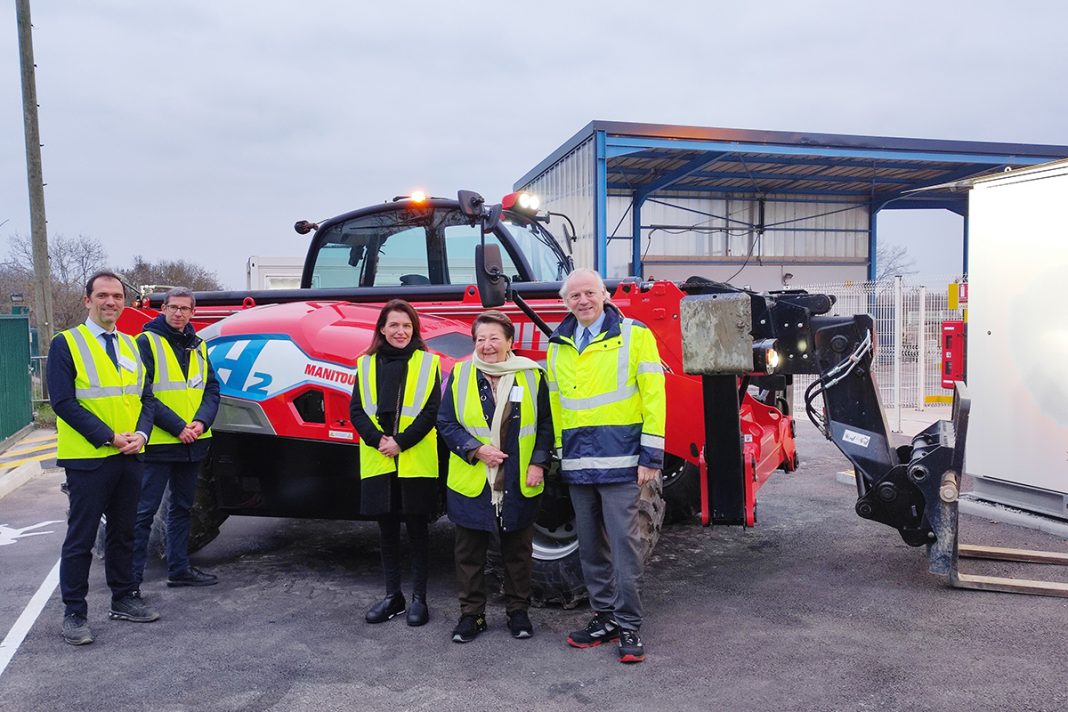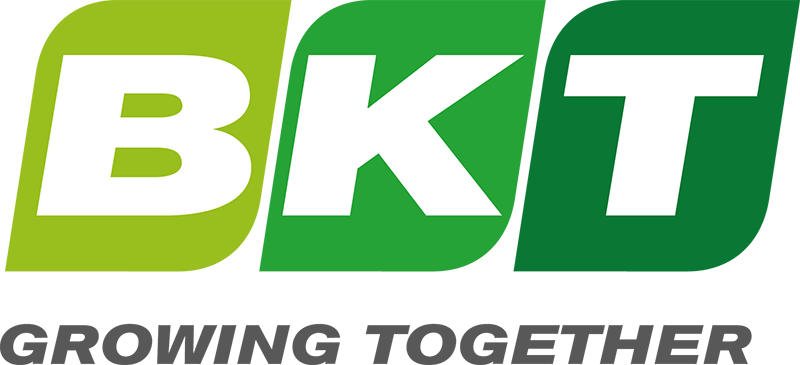![]()
Manitou Group, a world reference in the handling, aerial work platform and earth moving sectors, presents its roadmap for research and development on hydrogen-powered machines. Its opportunity to present the first innovative prototype telehandler running on green hydrogen.
Energy transition acceleration
With a target of reducing greenhouse gas emissions by 34% per hour of use of its machines in 2030, Manitou Group has set off on an ambitious course, in line with the commitments of its low-carbon trajectory communicated in January 2022 and validated by the SBTi in July.
Following on from the recent electrification of its all-terrain platform and telehandler ranges, the Group is also looking to hydrogen as a medium-term alternative for its users. Manitou Group wants to see its electric and hydrogen ranges side by side depending on each user’s applications, with a target of 43% low-emissions products marketed in 2030.
A dedicated hydrogen development plan
Manitou Group has presented its new facilities for making its hydrogen development plan a success to journalists and elected representatives. By kitting its test center out with a green hydrogen station, the Group now has the means for testing its brand new prototype telehandler.
The first step of this plan involves guaranteeing range and reliability in real-life conditions, while testing the durability of components. The Group based this first prototype on an existing model from its range of construction machines, capable of lifting loads up to 14 m. This machine will be tested and sent out to construction sites by the end of 2023 with a view to collecting valuable feedback from users to improve on this prototype.
Two types of hydrogen technology are currently being evaluated by the market, namely the combustion engine and the fuel cell. The Group’s first prototype is built around a fuel cell, but the Group will choose the hydrogen solutions that best meet the needs of its customers.
Michel Denis, Managing Director of the Group, explains: “We are studying all the hydrogen-related technologies based on what users need. This prototype is only the first step. A second rotating telehandler prototype will be developed in the coming months. There are many benefits of green hydrogen with production possible using wind power that has no greenhouse gas emissions at all. This fits in perfectly with our low-carbon trajectory”.
With this first prototype, the Group is showcasing its ability to innovate in order to measure the autonomy of this new energy while offering its customers the hydrogen solution that best meets their needs, but without compromising on performance. Almost 50 engineers and technicians are dedicated to this approach, which was launched in 2021. To come up with an innovative solution that can be fully industrialized, the Group hopes to rely on the support of the public authorities to develop an emerging ecosystem.
Julien Waechter, VP R&D Manitou Group, explains: “The green hydrogen sector is gradually becoming more established with the entry onto this market of a number of players. All of the aid mechanisms proposed by the different governments will encourage the transition to hydrogen and will speed up the development of the distribution network and ultimately the reduction in the usage costs of our machines using this energy”.
With these new facilities, Manitou Group hopes to offer its customers new innovative prospects, with a 100% hydrogen-powered telehandler available on the market by 2026.
Innovation in our DNA
With over 350 engineers on its workforce, Manitou Group is constantly innovating by offering its users high-added-value solutions. To succeed, the Group invests almost €60 million a year in all of its 10 R&D centers around the world. The modernization of its production units is also essential to ensure this ability to innovate.
This is demonstrated by the recent €150 million investment plan announced for the production sites in the US and France. The most recent aerial work platform factory opened in 2022 clearly illustrates this willingness. Whether it concerns the choice of components, user comfort, or the attachment on the machine, innovation is everywhere. An autonomous order-picking robot, electric all-terrain platforms, and 100% electric telehandlers are all examples of innovation. To support this development, the Group incorporates engaging CSR.























